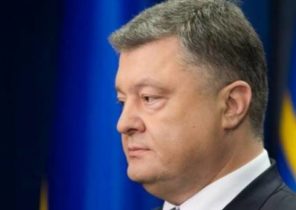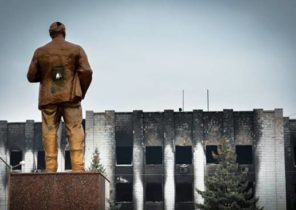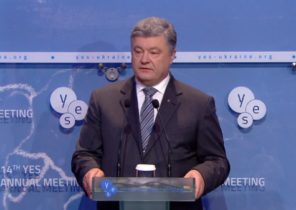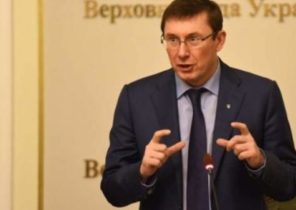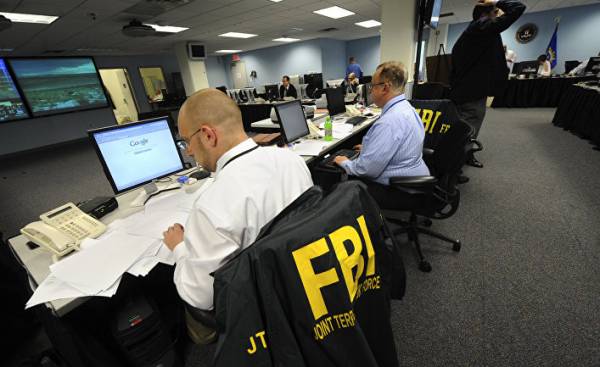
In December last year two employees of the Russian intelligence service met in Washington with a potential source which, they hoped, had valuable information about the inner workings of the White house Obama. During the meeting, the Russian cautiously tried to find out what steps could be taken by the Obama administration (before leaving which was only a few days), in order to punish Russia for its intervention in the elections of 2016.
According to a senior U.S. official, in fact, the source is Russian (they didn’t) was not the “mole” who worked in the White house, and an agent of American intelligence. And no information about the response options that were considered by the Obama administration, the Russians don’t get.
It is this operation of Russian spies was broken, but, according to a senior official, the problem is still not resolved. “The number of agents of the Russian intelligence today, the United States was not the last 15 years, says my interlocutor. There are a huge number, and they are actively trying to infiltrate many areas — in government, in industry and in academic circles.”
Identifying and tracking foreign spies on U.S. soil FBI. But, according to a senior official at the FBI, there is “a problem of mathematical nature.” In order to monitor one person and “not to lose sight of him” takes a lot of people. During the debate in the White house, more details of which sought and failed to obtain those two employees of the Russian investigation, then-FBI Director James Comey insisted to expel as many Russian agents. “For him it was a question of operational activities in the framework of the proceedings,” said the official. At some point one of the participants of the discussion told me that one of the team members involved in national security issues, suggested to enter sanctions in relation Russian President Vladimir Putin. While another participant proposed to allow the NSA to hack into emails of Russian officials, and then to publish the “unpleasant” and possibly incriminating, information.
December 29, the White house announced the 35 expulsion of Russian diplomats allegedly involved in Russian attempts “to influence the election, to weaken faith in our democratic institutions, to sow doubts about the integrity of our electoral process and undermine the credibility of the institutions of government in the United States.” My companion didn’t know exactly were these two among those who were deported from the United States. Whatever it was, “the number of people who were sent to Russia is only a small part of those who could be expelled from the country.”
Political wisdom based on the ability to anticipate and rely on the proportionality and proportionality. And expulsion of foreign agents is no exception. Although the 35 expulsion of the Russians and allowed to “unload” counterintelligence of the FBI, a proportionate response — for example, the expulsion of 35 officers of the CIA would have created another, potentially more significant problem (for Americans) in Russia. “We were devastated would be standing there exhausted our forces and we would lose the opportunities that we have (there) is,” said my companion. According to the Panelist, at a certain stage of the discussion of this issue in the Obama administration U.S. Ambassador to Russia John Tefft has sent to Washington a telegram, expressing these concerns, which informed the CIA station chief in Moscow.
I asked Steve Hall (Steve Hall), another former resident of the CIA in Moscow, about this apparent discrepancy between the capabilities of forces and means of American intelligence in Russia in comparison with what has Russia to the USA. In response, he stated that he would not speak specifically about the strengths and weaknesses of American intelligence, but said “create Russian employees of American intelligence is so serious obstacles in their work in Russia, to do the same in relation to Russian in the United States, the FBI would be practically impossible”.
During the cold war the CIA was carried out in Russia is incredible and included in the history of the operation monitoring and detection of “tails”. Before making the bookmark into the cache, and the American agents had to spend hours “circling” in Moscow, to make sure that you’re not looking. Is it true that today the conditions of work in Moscow the same complex, and the opportunities just as limited as in those days? “I should say that since the cold, nothing has changed — to execute successful operations in Russia requires the same operational funds, the same amount of time and those efforts,” said Hall.
While in the United States the number of intelligence operations conducted by Russian intelligence under the leadership of Putin, is clearly increased. In March 2001, after the FBI discovered that one of his own agents, Robert Hanssen (Robert Hanssen), engaged in espionage in favor of Moscow, the Bush administration sent US 50 alleged Russian agents. Nine years later the FBI arrested 10 Russian “illegals” — a secret employees, illegal intelligence, who for many years lived in the United States. Besides, increasingly complex and sophisticated and was conducted by the Russian cyber operations that allow a paralyzing hacking attack on neighboring countries such as Estonia, Georgia and Ukraine.
According to declassified analytical report presented in January by the Director of National intelligence, these new opportunities combined with the growing ambitions of Putin was shown during the US elections in 2016. The Russian campaign of active measures was “diverse”, the report says, it was a “totality” of the various operations in cyberspace carried out along with a more open campaign to disseminate misinformation. In these actions, a serious role played by the human factor.
After 29 December, Obama issued a statement on the expulsion of Russian diplomats, his administration was waiting for the response of Moscow. Then members of the administration did not know that Michael Flynn, who was to hold the office of Advisor to Donald trump on national security, spoke by phone with Russian Ambassador Sergei Kislyak, allowing him to understand that after joining trump in the position his administration will reconsider the sanctions. The next day Putin said: “We’re not going to send”.
Such gestures of good will now seem like remnants of a distant era. Last month, after the house of representatives and the Senate overwhelmingly voted for a new round of sanctions against Russia, the White house said that trump will sign the bill, Putin said in response that his government intends to reduce the staff of the us Embassy and consulates in Russia to 755. This reduction will primarily affect Russian citizens who work in these institutions, translators, drivers and account staff. It is not clear how many employees of American intelligence will be asked to leave Russia.
It is obvious that reciprocal action for the expulsion of intelligence agents Washington will cause much more damage than Moscow. “Actually,’ said talk to me a senior official, we will lose much more than they are.”


